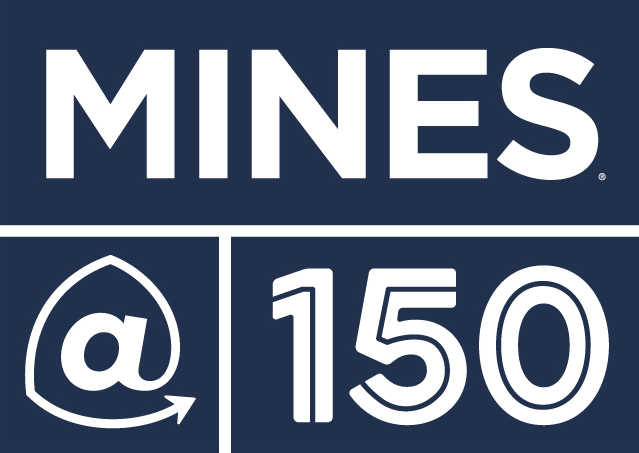Reference Etiquette
Forge Relationships
It is crucial to nurture relationships with faculty or other potential letter writers well before you need a letter. Some ways you can do this are by taking small classes or independent studies, asking questions, volunteering for projects, or engaging in directed research or service. In short, by showing that you are authentically interested in the substance of your work beyond just getting a grade. This history will make the letter stronger, more enthusiastic, and more credible.
Identify Letter Writers
Identifying the best letter writers for you and for this award is key. The person who can speak authoritatively and honestly to how well you fit the criteria of the position/opportunity is the best letter writer for that opportunity. Consider whose perspective and experience will shed the most light on the qualities you want to highlight. Sometimes status and connections make a difference, but not always. Sometimes your favorite teacher will be the best person, but not always. If unsure, discuss with a trusted mentor or advisor.
Many awards have specific guidelines as to the type of recommender (i.e. a professor, a supervisor, a research mentor), so be sure to thoroughly read any directions from the scholarship founation.
Etiquette When Making the Ask
Asking for a recommendation can make even the most confident person anxious. What if you ask and the professor says “No”? What if your supervisor says “Yes”, but does not offer the committee a positive take on you or your potential? Inviting a teacher or mentor to share what they think of you and your potential can feel risky, but when you approach the conversation with care and preparation, the exchange can strengthen your relationship with your writer (and help you tap into their expert knowledge).
Note: Best practice is to provide your letters writers with at least one month to write their letter before the deadline.
Information you can share to make it easier for them to say “Yes” AND to write a great letter:
- A brief description of the mission or purpose of the scholarship, fellowship, or position you are pursuing
- A brief explanation of your reasons for applying or how you feel that you align with the mission of the award. If you haven’t been in touch with your recommender for a semester or more, also bring them up-to-date on what you’ve been doing
- A list of or link to the selection criteria,
- A current resume or curriculum vitae (CV),
- A list of your other writers when this is relevant and possible, including:
-
- A brief explanation of your relationship to them
- How long you’ve known the other writers
- What characteristics/traits/experiences you will ask them to address in their letters
- Concise description of relevant academic, scholarly, or professional research projects
- A draft of the application essay is ideal, but if that is not possible, it is wise to share an outline or summary of your ideas.
- Clear instructions to follow when your recommender is:
-
- Addressing the letter
- Formatting or printing the letter (Letterhead? Electronic signature?)
- Submitting (mailing or emailing) the letter or reference
This information should include the recommender or reference’s deadline for submission or contact, a website address and contact information for yourself, as well as for the administrator responsible for managing the application process if that is relevant to the opportunity. (A hint: Your Fellowship Advisor often has this information available to share with recommenders).
Remember to go over the most important details with your recommender! This will ensure that they take the time to read the materials you have prepared for them AND the process can help you both reconnect with the relationship and experiences that are at the root of your relationship.
Deadline reminders are appreciated and necessary for most writers and references. Everyone is busy and unexpected changes in circumstance or responsibility can be managed with thoughtful communication and purposeful support.
And once everything is done, stay in touch with your recommenders. Let them know how the application turned out!
Adapted from University of Iowa
Follow Up with Gratitude
Make sure to thank your recommender after all materials have been submitted. It’s also courteous to keep your recommender up to date as you hear back. Whether or not you are selected for the award, be sure to let your recommender know the outcome and thank them again for their support.

LOOKING AHEAD TO MINES@150
As Colorado School of Mines prepares for our 150th anniversary in 2024, dynamic and disruptive change is all around us. MINES@150 is our plan to position Mines for future success.
It calls for change, but also to stay true to our timeless mission, pillars and core values. MINES@150 leverages our size, location, and history, ensuring that our graduates will continue to be distinctive and highly valued, placing Mines at the frontiers of STEM education, research and innovation, and elevating our status among the world’s top universities.